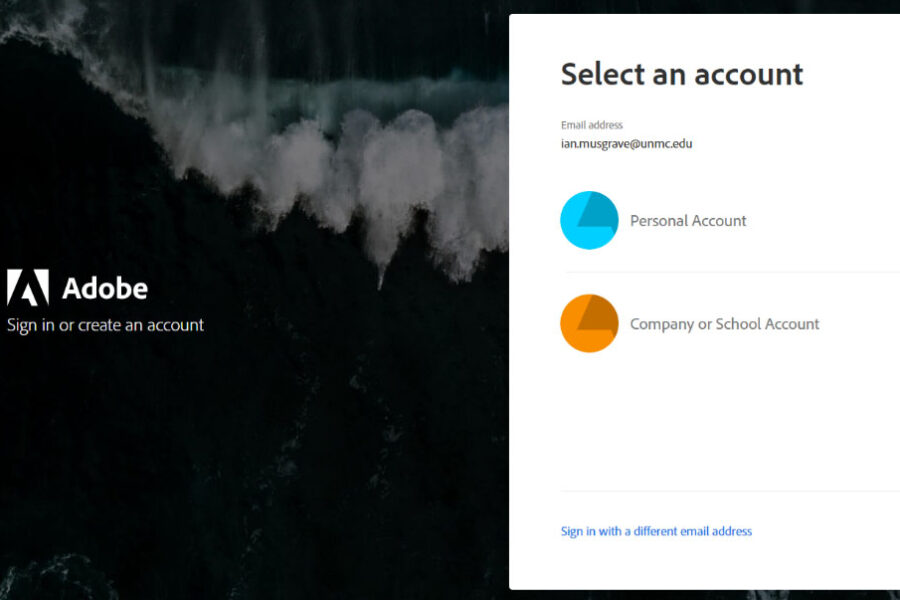Technology News
Navigating the Evolving Credit Landscape in the Digital Era
17 August 2024
|
Zaker Adham
One of my earliest significant projects in digital finance was the launch of the Marbles credit card for HFC Bank in the late 1990s, which was touted as the UK's first online credit card. This project remains memorable, with branding by the renowned Wolff Olins and an advertising campaign by the then-new Mother agency. Despite a substantial budget of £750,000 for online advertising, the limited inventory of the time posed challenges.

Our team also handled the user experience and design, featuring ample whitespace and bold images of marbles. Marbles joined a vast array of credit card products, contributing to the widespread availability of credit cards in the UK. This era saw Generation X building credit histories through credit cards and mortgages, enabling further financial opportunities.
Fast forward to today, the credit landscape has dramatically shifted. During a sauna conversation, I learned from Tom Eyre, founder of Loqbox, about the generational shift locking many out of credit. His sister, despite a strong financial standing, was denied credit due to a "thin file." Tom's insights revealed that 2.5 million UK adults are unserved by the credit market, with 1.5 million being young and one million new to the country. Additionally, 12 million UK adults are underserved due to limited credit histories.
The world has changed since the 1990s. Credit card advertising has dwindled, and younger generations prefer digital and prepaid payment solutions. The rise of buy now, pay later (BNPL) services and increased age for homeownership further complicate credit building. Many young adults still rely on their parents for financial support, hindering their credit history development.
Loqbox offers a solution by allowing users to build credit through disciplined saving, reported to credit reference agencies. This approach addresses the systemic issue of credit invisibility and promotes financial education.
As we enter a new financial era driven by AI and digital innovation, the traditional concept of a credit score may evolve. The question remains: in the age of AI, where does a credit score belong? With the individual or the AI agent?




